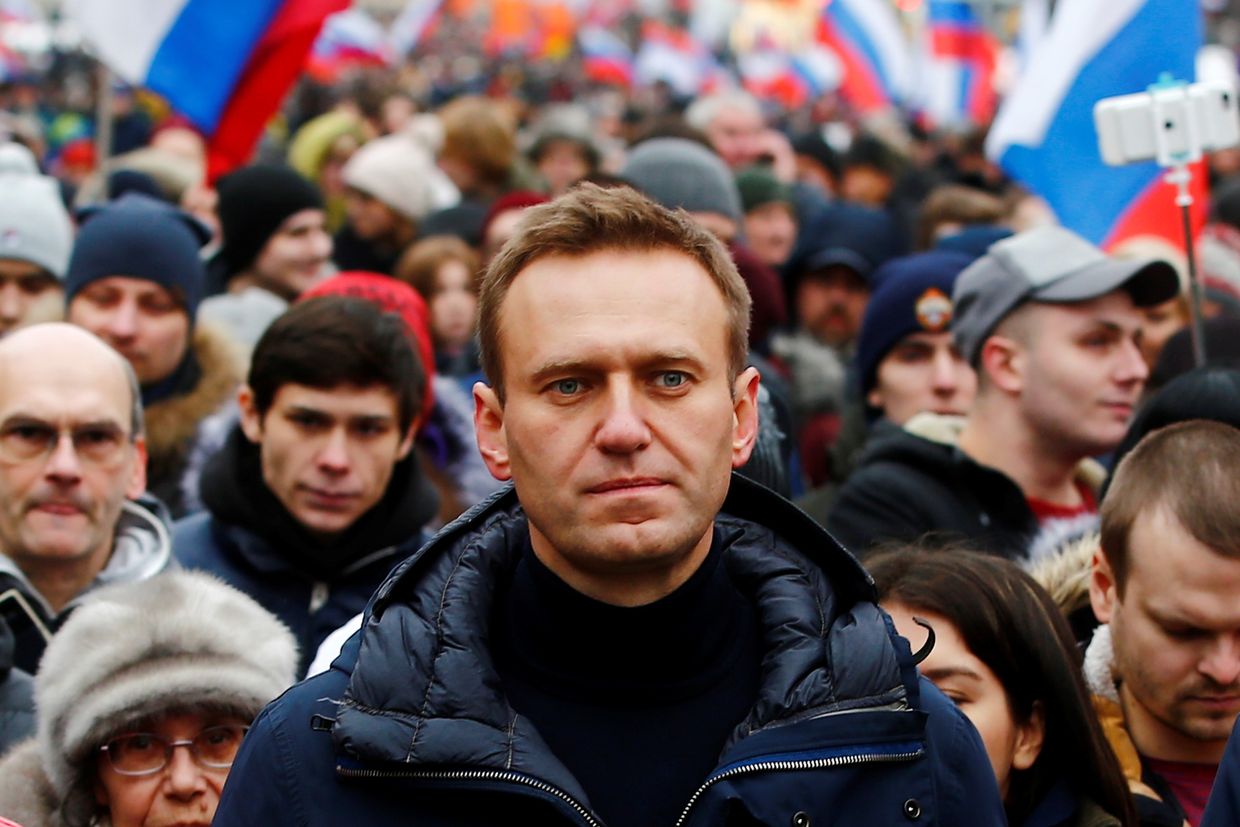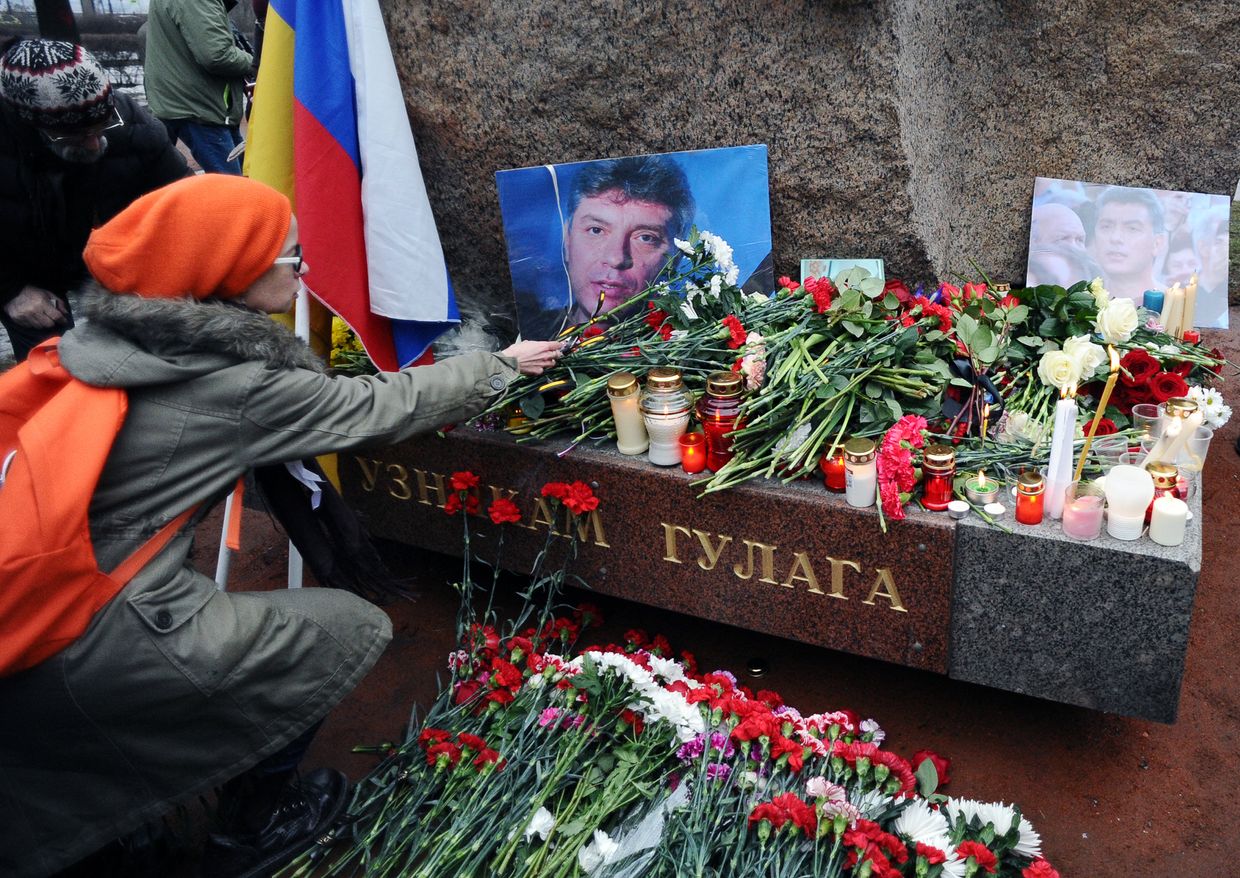EU demands independent international investigation into Navalny's death

The European Union demanded on Feb. 19 that Russia allow "an independent and transparent international investigation" into the death of Russian opposition leader Alexei Navalny, for which many world leaders have blamed the Kremlin.
Navalny, Russian dictator Vladimir Putin's main political opponent, died on Feb. 16 in a penal colony in the town of Kharp, Yamal Nenets Autonomous District. He had been convicted in several fabricated criminal cases as part of the Kremlin's crackdown on dissent.
Opinions differ on whether his death was caused by the harsh prison conditions or was an intentional murder. The Russian government is still refusing to give Navalny's family access to his body.
"The EU will spare no effort to hold Russia's political leadership and authorities to account, in close coordination with our partners, and impose further costs for their actions, including through sanctions," the EU's High Representative Josep Borrell said in a statement.
Borrell reiterated that the EU holds Putin and the Russian authorities ultimately responsible for Navalny's death.
"Mr Navalny's unexpected and shocking death is yet another sign of the accelerating and systematic repression in Russia," reads the statement.
"The European Union repeats its call on Russia to immediately and unconditionally release all other political prisoners, including Yuri Dmitriev, Vladimir Kara-Murza, Ilya Yashin, Alexei Gorinov, Lilia Chanysheva, Ksenia Fadeeva, Alexandra Skochilenko and Ivan Safronov."
Borrell previously said that EU member states would propose sanctions against those behind Navalny's death that "can go down to the institutional structure of the penitentiary system in Russia."
The U.S. and EU imposed a series of sanctions on Moscow after Navalny was poisoned in Russia in 2020 with a Novichok nerve agent — a chemical weapon produced by the Russian government.














